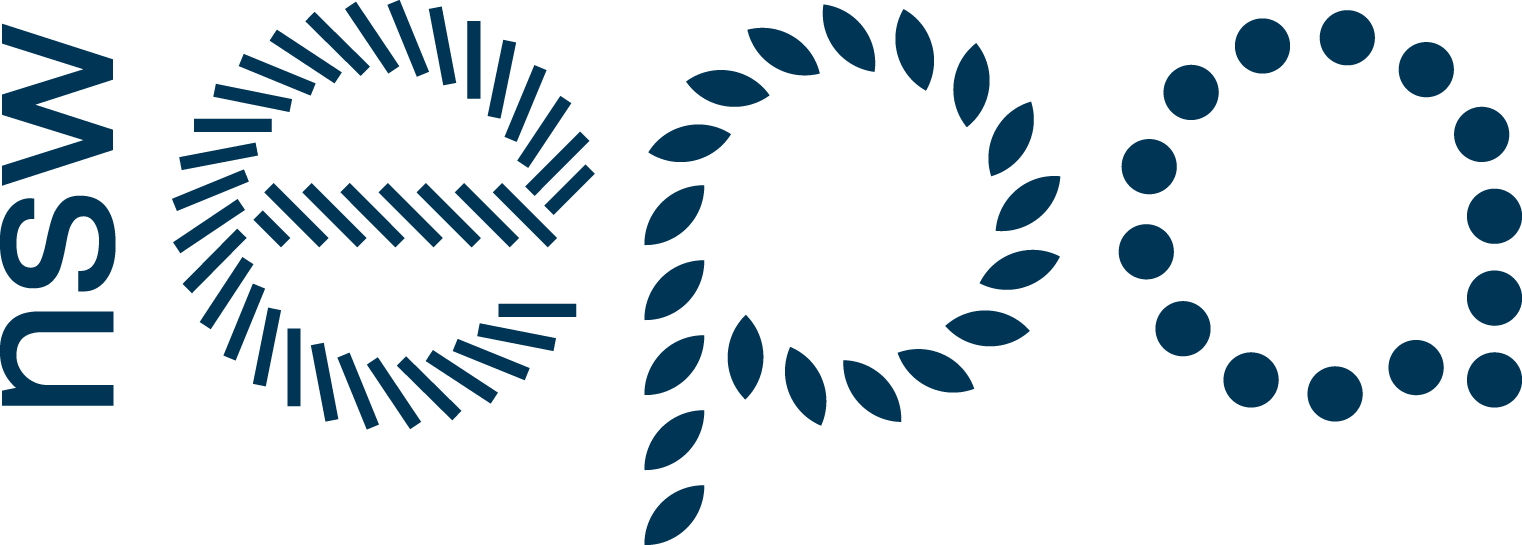Millions of disposable face masks could be used to make new roads
By Lucy Jones 3 February 2021
An experimental study has come up with a potential solution for pandemic-related waste.
If you've noticed used face masks on the roadside or floating in the water at your local beach, you're not alone. With 6.8 billion disposable face masks being used across the globe each day, face mask pollution is becoming an all too common sight.
After seeing face mask litter in the streets of Melbourne, a team of researchers from RMIT's School of Engineering decided to come up with a solution to this growing waste problem.
“We know that even if these masks are disposed of properly, they will go to landfill or they’ll be incinerated,” research team leader Professor Jie Li said.
“The COVID-19 pandemic has not only created a global health and economic crisis but has also had dramatic effects on the environment. If we can bring circular economy thinking to this massive waste problem, we can develop the smart and sustainable solutions we need.”
An experimental study published in the journal of Science of the Total Environment found that face masks can be recycled to make roads. The research team developed a material that can be used for base layers of roads and pavements made from shredded face masks and processed building rubble.
A one kilometre stretch of a two-lane road would use approximately 3 million masks and divert 93 tonnes of waste from landfill.
“This initial study looked at the feasibility of recycling single-use face masks into roads and we were thrilled to find it not only works, but also delivers real engineering benefits,” Dr Mohammad Saberian said.
“We hope this opens the door for further research, to work through ways of managing health and safety risks at scale and investigate whether other types of PPE would also be suitable for recycling.”
The face mask and rubble road base fights pollution on two fronts. While face masks are a relatively new waste problem, the construction, renovation and demolition sectors account for about half the world's total annual waste production. In Australia, 3.15 million tonnes of building rubble or recycled concrete aggregate (the other ingredient in the road base mix) is stockpiled each year.
The RMIT research team may have come up with the perfect recipe to tackle both waste streams using a mixture of 1 per cent shredded face masks and 99 per cent RCA. This ratio creates a strong yet flexible product, meaning it won't crack under the pressure of heavy trucks, that holds up when tested for stress, acid and water resistance and meets civil engineering safety standards.
After the success of their pilot study, the researchers are now looking at the possibility of creating a concrete aggregate with face masks.
Elsewhere, studies are looking at how PPE can reused. A recent review of disinfectant technologies found that 99.9% of viruses could be killed by spraying PPE with an antiseptic solution and microwaving it for one minute.
These research projects show how circular economy thinking can be applied to find new uses for essential single-use items and, eventually, to design single-use out of the system.
Head here to read the RMIT study in full.
Positive Environment News has been compiled using publicly available information. Planet Ark does not take responsibility for the accuracy of the original information and encourages readers to check the references before using this information for their own purposes.
Lucy started her career working as a writer and editor in print and digital publishing. She went on to create content for Australia's leading sustainable fashion platform while completing her Master of Cultural Studies. Lucy spends her downtime at the beach, crocheting and hanging out with her cat Larry. She believes words can change the world and is stoked to help Planet Ark spread the message of positive environmental change.

